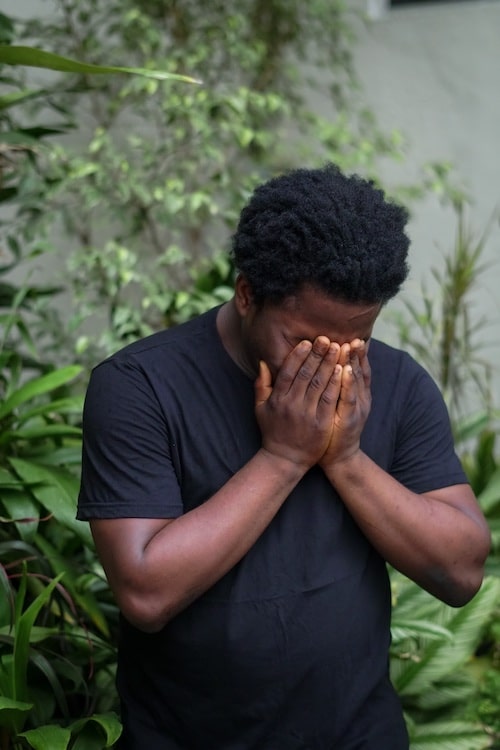We enjoyed an interesting and thought provoking in-person seminar with our host, Briony Martin. The…
Working Mindfully with Trauma (part 2) – Margaret Landale (July 2014)
Trauma is defined by Peter Levine as a “highly activated stress response, frozen in time”. Part 2 of our workshop on “Working Mindfully with Complex Trauma” included learning several ‘maps’ for understanding the trauma response (which can be shared with clients); the distinct phases of trauma work; and applying new clinical techniques in role plays. There was so much richness in this one day that it is hard to briefly summarise!
One of the ‘maps’ which was really useful in understanding trauma included the development of insecure attachment styles during early childhood, which are anchored deeply in the body. This can lead to difficulties with emotional regulation throughout life and particularly when there is an intensely stressful experience or trauma. A person can become stuck in either chronic hyper arousal states (eg anger, vigilance, anxiety, chaos, restlessness, etc) OR in chronic hypo arousal states (eg passivity, silence, hopelessness, sleep disturbances, withdrawn, rigidity, blank mind etc). The “window of tolerance” which is the space between these two states (in which under normal circumstances we can seek relaxation, reflection, understanding etc) becomes narrowed. Our task in trauma treatment is to help the client widen that “window of tolerance” or mental space for curiosity and objectivity.
When working with trauma, we learned that it is most important to help the client develop resources for creating a sense of safety (both in and out of the therapy sessions) – helping them to know how to seek comfort, relaxation and security. It is imperative to respect the client’s defences which should be seen as RESOURCES. We help to create safety in the therapy through emotional attunement, developing a good working alliance (through education about the stress response for example) and mindfulness techniques. It is important to be flexible and work at the client’s pace.
The majority of attendees’ post-seminar feedback was to ask for a 3rd day! We were aware there was so much to learn and we were hungry for more. Once again, Margaret was an inspired teacher. We were delighted to receive an average score of 4.6 out of 5 for overall assessment of the event from all attendees from this 2-day seminar.
By: Wendy Bramham, July 2014




This Post Has 0 Comments